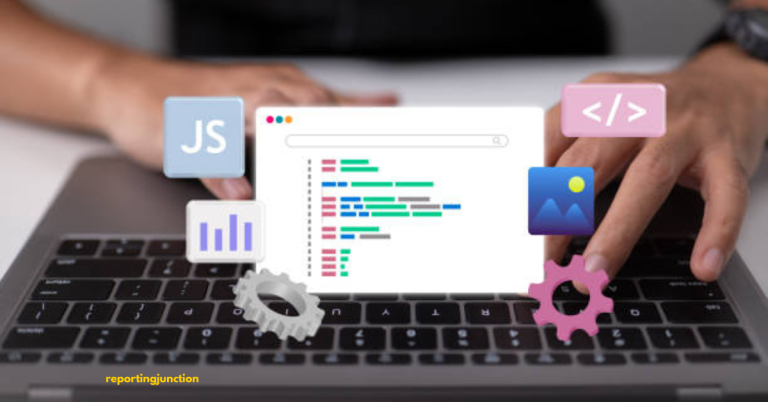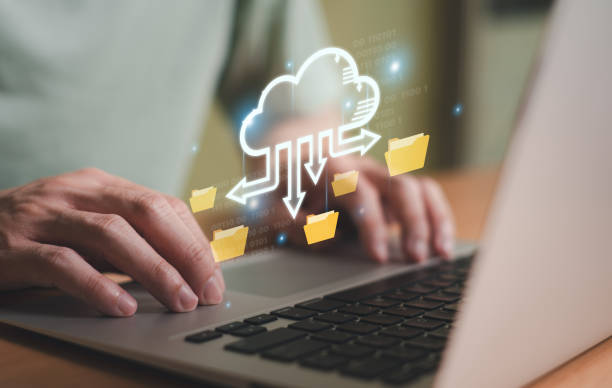The Impact of Digital Employee Onboarding on Employee Retention

Employee onboarding is a crucial aspect of human resources management. It sets the tone for a new hire’s experience with an organization and can significantly impact their long-term engagement and retention. In the digital age, companies are turning to digital employee onboarding processes to streamline the experience and ensure a smooth transition for new employees. Straightforward and hassle-free onboarding ensures that new hires are well-informed about their roles, team members, and mentors. This article will explore the impact of digital employee onboarding on employee retention.
Benefits of Digital Employee Onboarding
1. Consistency in Onboarding Experience
Digital employee onboarding platforms offer organizations the ability to provide a consistent onboarding experience across different locations or departments. By standardizing content and procedures, organizations ensure that every new employee receives the same level of training, information, and support during their initial days at work. This consistency helps establish a strong foundation for their integration into the company culture and increases their sense of belonging.
2. Faster Onboarding Processes
Traditional or manual onboarding processes often involve paperwork, scheduling meetings with various stakeholders, and time-consuming administrative tasks. Digital employee onboarding platforms automate many of these tasks, allowing HR teams more time to focus on developing meaningful connections with new hires rather than getting caught up in administrative tasks.
3. Enhanced Access to Information
With digital tools, new employees have access to important information about company policies, benefits, organizational goals, and job requirements at any time from anywhere. Allowing them to familiarize themselves with these details before their first day can help them feel more prepared and reduce initial anxieties about starting a new job.
4. Engagement from Day One
Digital employee onboarding provides opportunities for engagement right from day one through its interactive features, such as videos, quizzes, virtual tours, and online forums that foster social interaction between new hires and existing employees or mentors within the organization. By engaging with coworkers early in the process, new hires feel included and are more likely to become active members of the company community.
5. Personalized Learning Experience
Digital onboarding platforms often offer personalized learning paths for new employees based on their role, department, or skill level. By tailoring the content to meet individual needs, companies can optimize the learning experience, ensuring that new hires acquire the necessary knowledge and skills required to excel in their roles.
Impact on Employee Retention
1. Improved First Impression
First impressions matter, and a poor onboarding experience can negatively impact employee morale and motivation. Digital employee onboarding ensures a smooth and engaging initial experience, enhancing job satisfaction from day one. When new hires feel welcomed and supported during their first weeks at work, they are more likely to develop a sense of loyalty toward the organization.
2. Increased Job Satisfaction
Effective digital employee onboarding reduces stress levels associated with starting a new job by providing comprehensive information and resources to new employees. Feeling well-informed about policies, procedures, expectations, and future career prospects increases an employee’s job satisfaction levels, which translates into higher engagement and commitment to the organization. Being clear on deadlines and projects also helps new employees gauge the workload.
3. Faster Integration into Company Culture
Digital employee onboarding platforms foster social interaction between new hires and existing employees or mentors within the organization, enabling quicker integration into the company culture. Participating in virtual team-building activities or connecting with colleagues through online forums helps forge connections early in the employment journey and leads to stronger bonds within teams.
4. Alignment with Organizational Goals
By incorporating information about organizational goals, values, and vision into digital employee onboarding programs, companies communicate both explicit and implicit expectations regarding performance standards right from the start. When employees understand these goals from day one, they can align their efforts accordingly and contribute towards achieving them.
Read Also: Password Managers: The Must-Have Tool for Every Internet User
In Closing
Investing in digital employee onboarding has a significant impact not only on organizational efficiency but also on long-term employee retention rates. By providing consistent experiences, streamlining processes, increasing engagement from day one, and fostering personalization, digital platforms set the stage for successful integration and improved job satisfaction. Employers prioritizing employee onboarding are more likely to retain and develop a loyal workforce who can contribute to the long-term success of their organizations.





